There’s a certain nostalgia people feel for the Britain of the ‘90s, and it’s easy to see why.

It’s not because everything was perfect (it wasn’t), but because it felt more grounded, more human, and less… hollow. Somewhere between dial-up internet and Deliveroo, a lot has changed. Fast-forward to now, and you’ll notice it’s not just about changing trends—it’s about small comforts and social norms quietly vanishing. Here are some of the things that have gone downhill in Britain since the ‘90s, and honestly, it hurts a bit to admit how much we’ve lost.
1. The high street used to have soul.
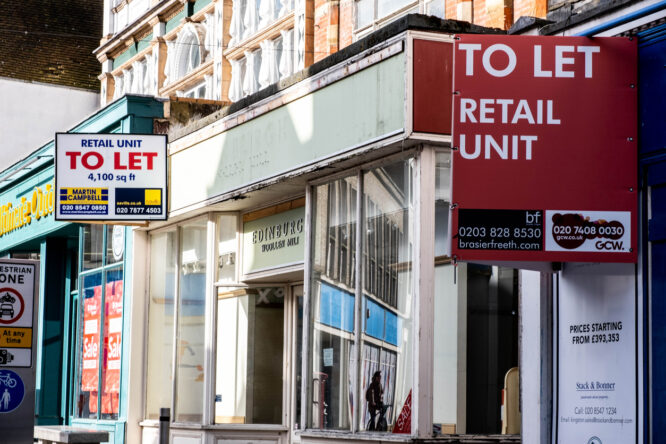
In the ‘90s, the local high street was buzzing. Independent shops, family-run bakeries, Woolworths, and even the odd dodgy but beloved video rental place—it had character. Now, it’s a depressing mix of boarded-up windows, betting shops, and yet another vape store. The sense of community is gone, replaced by empty storefronts and the eerie quiet that comes when everything’s moved online.
2. Public transport is more expensive and somehow worse.

You used to be able to get a train ticket without needing a small loan. And while the trains weren’t always glamorous, at least they mostly ran on time. Now, you pay double to sit on a delayed, overcrowded carriage where the heating’s always broken, either too hot or Arctic. And don’t get started on buses—routes cut, fares up, and fewer people using them because they just don’t go where they used to.
3. The sense of national humour has dulled.

The ‘90s were full of irreverent, witty TV and cheeky banter. It felt like people could laugh at themselves a bit more. Now, everyone’s walking on eggshells or going full keyboard-warrior on Twitter (“X,” whatever!) threads about jokes no one even made. We’ve lost that middle ground—the ability to be silly without being spiteful, and to laugh without needing a PR disclaimer.
4. It’s nearly impossible to buy a home.
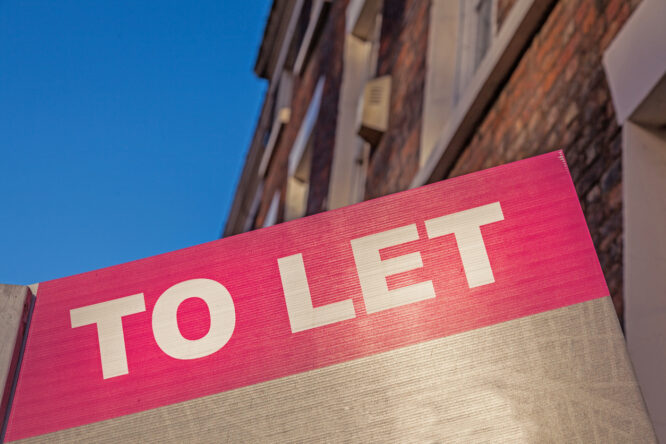
In the ‘90s, a house—an actual house—felt within reach for most working people. It wasn’t easy, but it was do-able. Now? Good luck scraping together a deposit while rents swallow half your income and wages haven’t budged in real terms in years. The housing market is no longer about building a life. It’s become a game only a lucky few can play, and the rest just get priced out and pushed around.
5. Club culture isn’t what it used to be.
 Source: Unsplash
Source: Unsplash Once upon a time, Britain’s nightlife was legendary. There were proper clubs, affordable drinks, late nights out dancing to real DJs, not TikTok loops. Now? It’s all themed bars with £12 cocktails and venues shutting down faster than you can finish your overpriced pint. The spirit of the scene is vanishing. It’s all been commercialised, regulated, and drained of its original magic.
6. You can’t escape your job anymore.

In the ‘90s, when you clocked off, you clocked off. There were no emails pinging at 10 p.m., no group chats about Monday’s meeting. You weren’t expected to be “available” around the clock. Now, thanks to smartphones and always-on culture, work follows you home and into your weekends like an unwelcome shadow. Work-life balance? More like work-life blur.
7. Everything feels more expensive, but somehow worse quality.

From clothes to meals to basic household items, we’re now paying more for things that feel flimsier, smaller, and less satisfying. A meal deal in the ‘90s felt like a bargain. Today, it’s £5.50 for a sandwich that tastes like cardboard and a bottle of juice that’s 40% air. You’re not imagining it—shrinking sizes, rising prices, and lower standards are the new normal.
8. Teenagers can’t just be teenagers anymore.

Back then, teens had freedom. They loitered in shopping centres, had awkward conversations in parks, and figured things out offline. Now they’re growing up under constant surveillance—social media, academic pressure, image culture. Everything’s filmed, filtered, and ranked. The joy of being a bit clueless, a bit scruffy, and a bit silly has been swapped for performance and comparison. And that’s a real loss.
9. Local papers and community news are fading.

Remember picking up a free local paper and actually seeing what was happening on your street? Now it’s clickbait headlines, Facebook rants, or nothing at all. Local news has been swallowed by national outlets or shut down entirely. Without those small updates and announcements, communities start to feel more fragmented, and you lose that gentle hum of neighbourhood connection.
10. Sundays used to be slow and sacred.
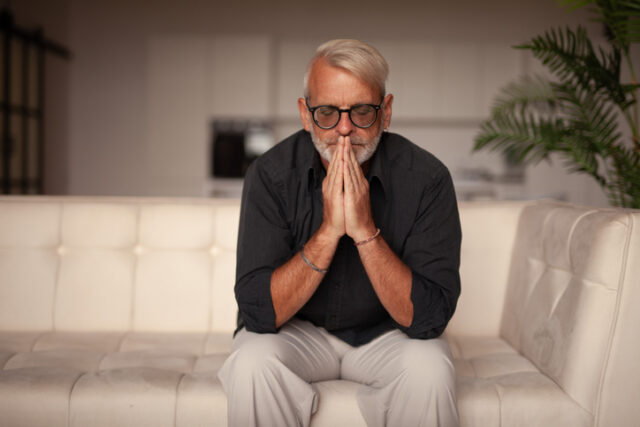
In the ‘90s, Sundays meant slow mornings, family dinners, and corner shops that might be open, if you were lucky. It was peaceful. Now, it’s just another day to catch up on errands, emails, or side hustles while everything’s still open and buzzing like any other weekday. The natural pause in the week has all but disappeared, and with it, so has a sense of rhythm and rest.
11. British telly has lost its grit.

The ‘90s gave us bold, raw, and sometimes ridiculous TV—stuff that felt properly British. Now, it’s all polished dramas, reality shows with identical templates, and formats nicked from America. Original, oddball programming has taken a back seat to formulaic fluff. We’ve traded creative risk for commercial safety, and we feel it, even if we can’t quite name it.
12. The NHS is hanging on by a thread.

Once the pride of the nation, the NHS now feels more like a battlefield, with long waits, staff burnout, vanishing GP appointments, and underfunding at every level. In the ‘90s, it wasn’t perfect, but you could at least see a doctor without needing a two-week lead time and a miracle. What used to be a safety net now feels more like a raffle you’re hoping to win just to get help.
13. We’ve lost the art of small talk.
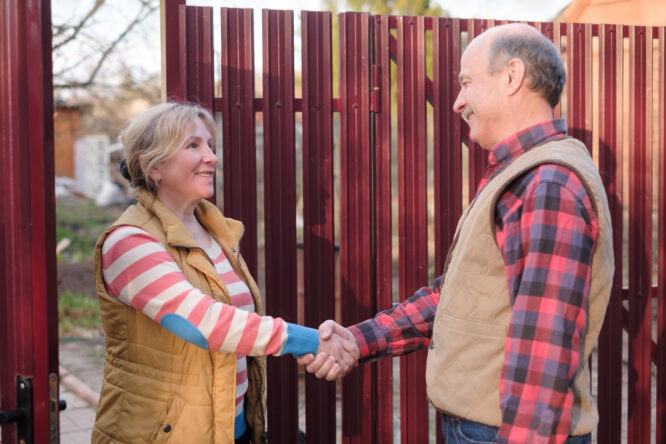
People used to talk to each other—in queues, at bus stops, in pubs. It was part of the fabric of everyday life. Now? Everyone’s head is buried in a phone. Silence has replaced the awkward, charming, slightly pointless chats we didn’t know we’d miss. It’s a quieter, lonelier Britain, and not necessarily in a peaceful way.
14. Public services are stretched beyond belief.

Councils have no funding. Roads are crumbling. Libraries are closing. Public toilets are rare mythical beasts. It’s not that things were always pristine, but there was a baseline level of care that’s clearly eroded. Now, basic infrastructure feels like an afterthought—and we’re all expected to just put up with it.
15. Political trust has fallen off a cliff.
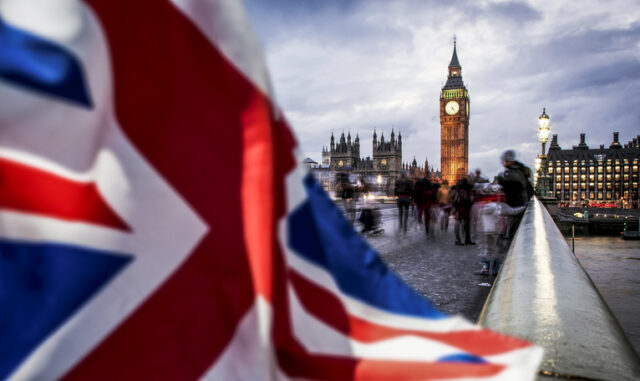
People were sceptical in the ‘90s too, but now the disillusionment runs deep. Scandals are constant. Promises feel hollow. It’s hard to feel any faith in leadership when so many people feel let down, ignored, or outright mocked by the systems meant to serve them. It’s not just politics—it’s a slow erosion of belief that anyone at the top has the public’s best interest in mind.
16. There’s more noise, but less connection.

We’re all more “connected” than ever—phones in hand, timelines scrolling, updates pinging. However, in that sea of notifications, a lot of real connection has faded. It’s harder to focus, to sit still, to genuinely engage without distraction. In the ‘90s, we weren’t perfect, but we were more present. And now that we’re living in the age of constant everything, that kind of presence feels further away than ever.




